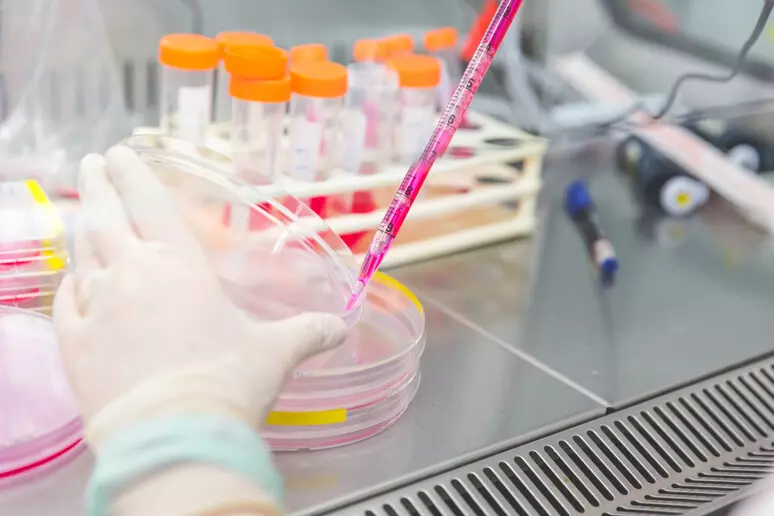On a warm evening in Austin, Texas, in a manicured backyard lined with orchids and mocktails crafted for expectant mothers, a group of affluent professional women gathered to hear what was billed as the next big leap in biotech. The keynote came from Noor Siddiqui, founder of Orchid Health, a startup aiming to take reproductive choices out of the bedroom and into the lab.
Her pitch, as reported by The Washington Post, is deceptively simple: use full genome sequencing and machine learning to identify the “best” embryos before implantation. Siddiqui’s company screens IVF embryos for hundreds of monogenic diseases and flags genetic predispositions to complex conditions like Alzheimer’s, bipolar disorder, and various cancers. The goal, she says, isn’t to engineer superhumans, but to give parents the right to choose a child with the highest odds of a healthy life.
“Sex is now for pleasure,” Siddiqui explained in a widely circulated video. “Reproduction is moving to spreadsheets.”
The service comes at a steep price. Testing a single embryo runs $2,500, not including the $20,000 or more for an IVF cycle. For now, it’s a tool largely limited to the data-savvy elite—those already tracking biometrics, analyzing health data, and embracing personalized medicine. But as the technology scales and costs decline, Siddiqui believes it could reshape the cultural and medical norms around childbearing.
That belief is shared by some of Silicon Valley’s most influential voices. In tech and finance circles, where pronatalist ideologies have gained traction, tools like Orchid’s are seen as part of a broader strategy to combat declining birth rates in the industrialized West. The company’s investor base includes high-profile figures such as PayPal co-founder Peter Thiel.
Critics, however, warn that the line between risk reduction and genetic enhancement is dangerously thin. While Orchid frames its service as a form of medical prevention, concerns persist over accuracy and ethics. Several geneticists have flagged that the DNA amplification process used in embryonic cells can lead to false positives or inconclusive results. Predictions based on polygenic risk scores—especially for traits like intelligence—remain scientifically shaky and deeply context-dependent.
“There’s a lot of hype,” one bioethicist told AP. “And in some cases, there’s real risk of discarding viable embryos based on data we don’t fully understand.”
The social implications are no less thorny. So far, most Orchid clients belong to the tech or finance elite. In that world, reproduction is increasingly seen as an optimization problem—something to be engineered, streamlined, and scaled. The risk, critics argue, is that couples outside these circles may feel pressured to adopt technologies they can’t afford, or to make irreversible decisions under the weight of perceived genetic “deficits.”
Nonetheless, demand is growing. The number of clinics partnered with Orchid has doubled over the past year. The birth of the first “Orchid baby” was announced with fanfare on social media.
Siddiqui remains unshaken by the backlash. She compares the current skepticism to the early days of IVF, which faced its own wave of moral and scientific resistance. “It’s always controversial—until it isn’t,” she said.











